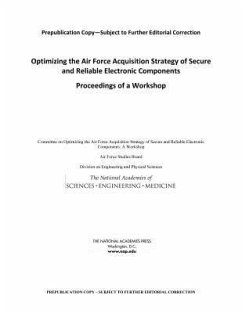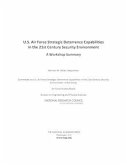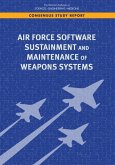In 2012, the National Defense Authorization Act (NDAA), section 818, outlined new requirements for industry to serve as the lead in averting counterfeits in the defense supply chain. Subsequently, the House Armed Services Committee, in its report on the Fiscal Year 2016 NDAA, noted that the pending sale of IBM's microprocessor fabrication facilities to Global Foundries created uncertainty about future access of the United States to trusted state-of-the-art microelectronic components and directed the Comptroller General to assess the Department of Defense's (DoD's) actions and measures to address this threat. In this context, the National Academies of Sciences, Engineering, and Medicine convened a workshop to facilitate an open dialogue with leading industry, academic, and government experts to (1) define the current technological and policy challenges with maintaining a reliable and secure source of microelectronic components; (2) review the current state of acquisition processes within the Air Force for acquiring reliable and secure microelectronic components; and (3) explore options for possible business models within the national security complex that would be relevant for the Air Force acquisition community. This publication summarizes the results of the workshop.








